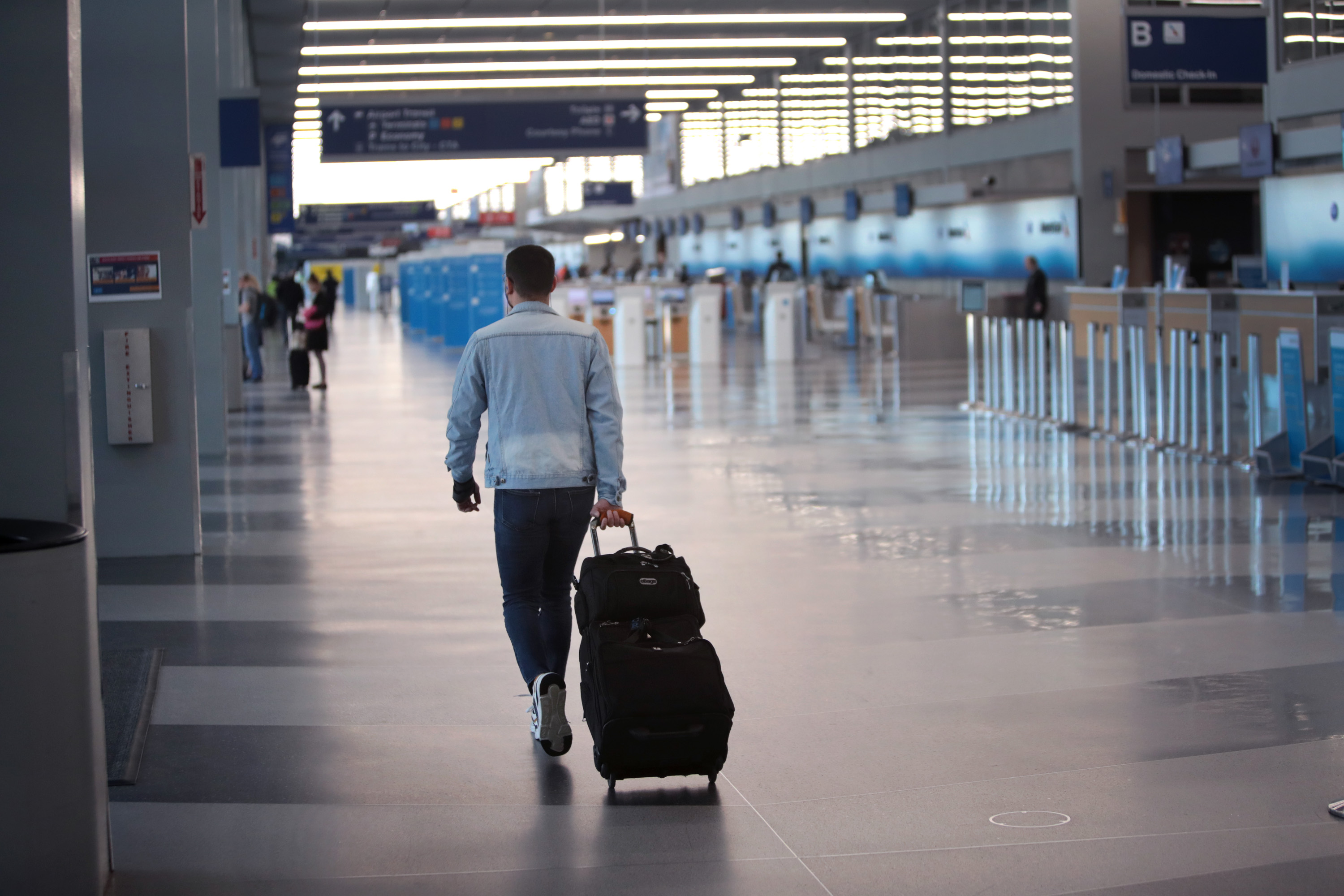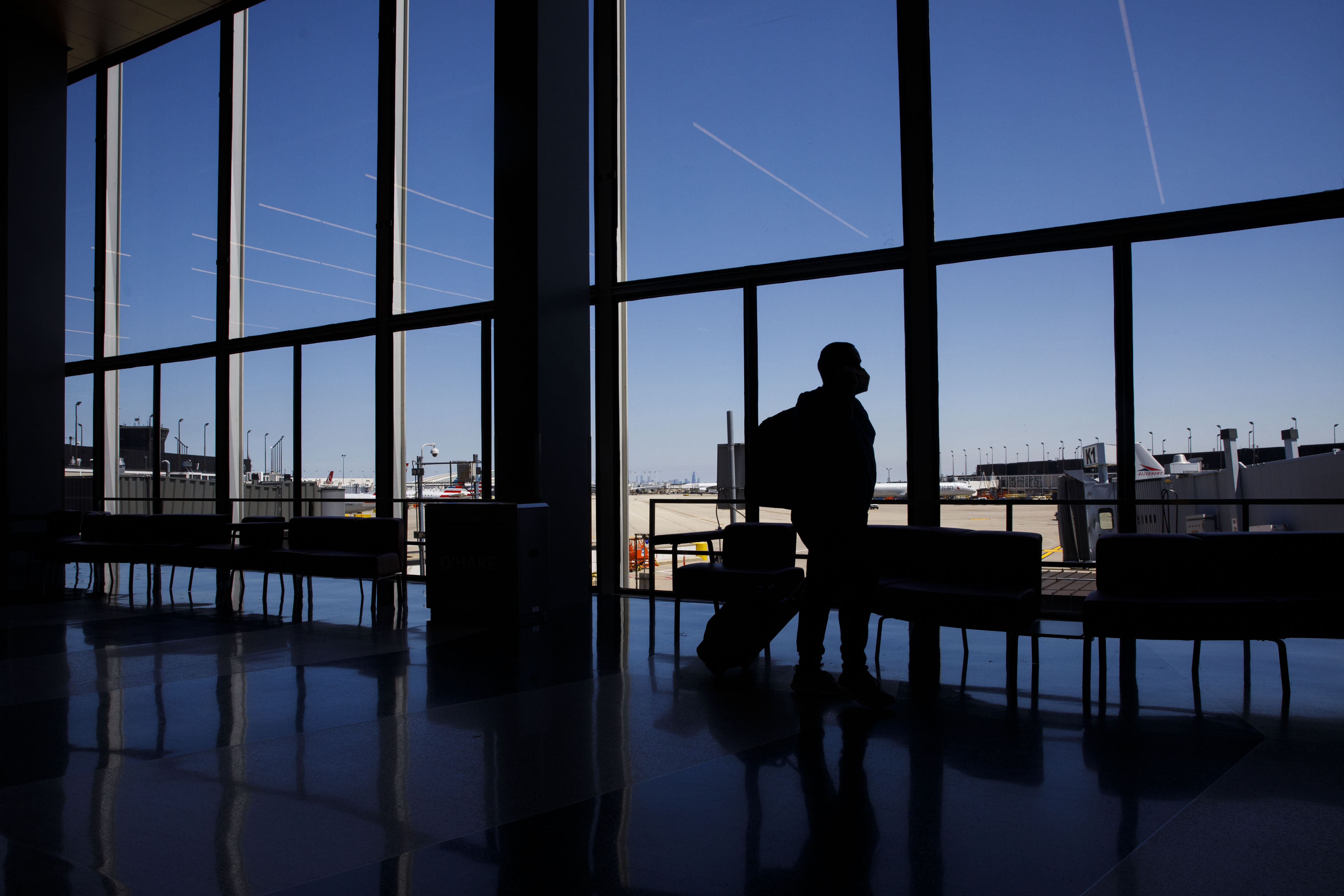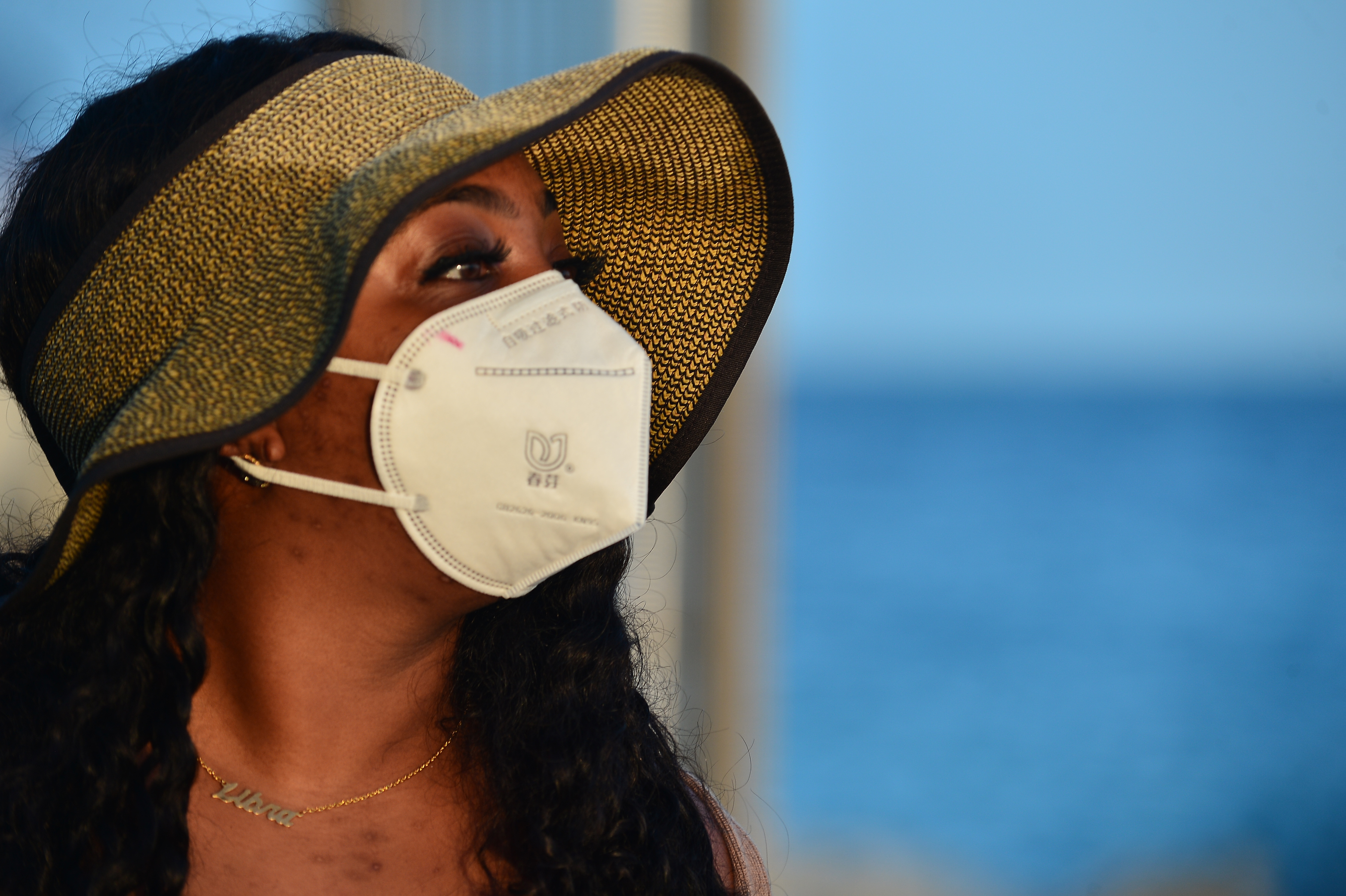Chicago health officials are expected to announce this week whether Wisconsin will be added to the city's emergency travel order, requiring anyone entering or returning to the city from the state to quarantine for 14 days.
Last week, city health officials warned that Wisconsin was "very close" to being added to the list of states the city requires a quarantine from. The state was one of several in the U.S. sitting near the cutoff of being added to that list, which currently sits at 18 states and is updated every Tuesday.
"[Chicago] continues to closely monitor the spread of COVID-19 in other regions across the country, including neighboring states such as Wisconsin where the case rate is very close to the cut off for quarantine," Chicago Mayor Lori Lightfoot's office said in a statement at the time.
States are added to the list if they have "a case rate greater than 15 new COVID-19 cases per 100,000 resident population, per day, over a 7-day rolling average."
"When I talk to folks in Wisconsin… we know people are not wearing masks there at the level they are here in Chicago," Chicago Department of Public Health Commissioner Dr. Allison Arwady said at a news conference last week.
Wisconsin health officials reported 957 new confirmed cases of the coronavirus and one new death on Sunday. The Wisconsin Department of Health Services now reports 48,827 people have tested positive for the virus in the state since the pandemic began. The newly reported death raises the death toll to 892.
Wisconsin's governor said residents "should take [the warning] seriously."
Gov. Tony Evers said Thursday while the order may not keep people from crossing the border between the two states, "it's more of a message issue."
"It's difficult to prognosticate what they're going to do in Chicago, but the fact of the matter is, there are folks - let's put it this way, it's very difficult to regulate state boundaries, or in this case, the city of Chicago boundaries versus the boundaries of Wisconsin," Evers said. "There's lots and lots of people that live in Illinois and live in Chicago that do work regularly in Wisconsin and vice versa. And I anticipate that that will continue to move forward. But... a message for us in Wisconsin should be if Chicago thinks our people should stay home, then we better put some damn masks on and make sure that we continue to, or to reverse the course that we're in."
Chicago's travel order, which began on July 6, is assessed every Tuesday to determine if states should be added or removed from the list of locations travelers must quarantine from.
Recent additions to the order include Kansas, Oklahoma and Iowa.
Other states included are: Alabama, Arkansas, Arizona, California, Florida, Georgia, Idaho, Louisiana, Mississippi, North Carolina, Nevada, South Carolina, Tennessee, Texas, and Utah.
Arwady said travelers entering or returning to Chicago from "states experiencing a surge in new COVID-19 cases" will need to quarantine "for a 14-day period from the time of last contact within the identified state." Essential workers could be exempt from the quarantine requirement, however, as long as their employer certifies their work in writing.
The order is set to remain in effect until further notice.
The move comes as states across the U.S. see surges of coronavirus cases, many shutting down bars and restaurants in an effort to quell or prevent a spike.
New cases have surged in several states across the nation, setting new records, driven mostly by expanding outbreaks in the American South and West.
New York and New Jersey are also asking visitors from several states from the Carolinas to California to quarantine themselves for two weeks.
Still, outside of Chicago, Illinois Gov. J.B. Pritzker said the state likely won't require residents who travel to and from neighboring states to quarantine for two weeks solely because of that travel.
"We don't live in a country where you close the borders between states," Pritzker said during the governor's coronavirus briefing. "And we're not going to stop people who live in Illinois and work in Wisconsin from doing so."




